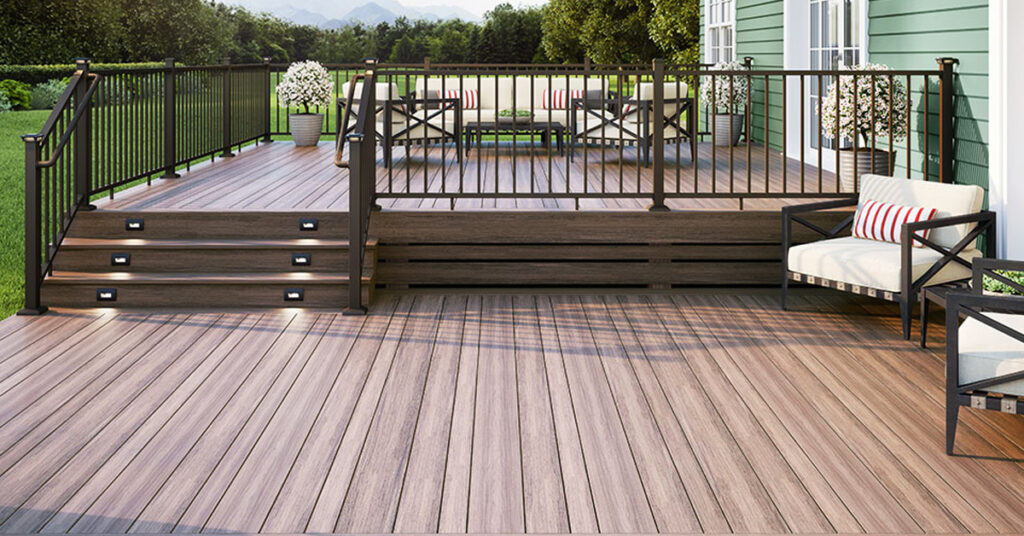
Introduction
Wood decking is a popular option for homeowners who want to add a touch of nature to their outdoor living spaces. With its natural beauty and durability, wood decking can create an inviting atmosphere that is perfect for entertaining guests or simply relaxing in the sun. However, like any other building material, wood decking has its pros and cons. In this blog post, we’ll take a closer look at both sides of the coin so you can make an informed decision about whether wood decking is right for your home. So sit back and read on to discover what are the pros and cons of wood decking!
Pros Of Wood Decking

Wood decking is a popular choice among homeowners who are looking to add an attractive and functional outdoor living space. One of the biggest advantages of wood decking is its natural beauty and warmth, which can enhance any home’s curb appeal.
Another advantage of wood decking is that it offers a wide range of design options. Wood decks can be customized with various stains, paints, or sealants to match any style preference. Additionally, wood decks come in different types of lumber such as cedar, redwood, and pressure-treated pine.
Wooden decks are durable if maintained properly and can last for many years making them worth the investment. They also provide a comfortable surface for walking barefoot during warm summer days.
Furthermore, unlike other materials like concrete or stone pavers that may crack over time due to changes in temperature or settling soil beneath them; wooden decks have some flexibility which makes them less prone to cracking under these circumstances.
Lastly but not least important point is that installing a wooden deck provides additional outdoor living space where you can entertain guests during summertime barbecues or family gatherings while enjoying nature at the same time.
Cons Of Wood Decking

While wood decking can be a great addition to any home, there are also some drawbacks that homeowners should consider before making their final decision.
One of the biggest cons of wood decking is maintenance. Unlike composite or PVC decking, wood requires regular sealing and staining to ensure it remains protected from moisture and rot. This can add up in both time and cost over the life of your deck.
Another issue with wood decking is its susceptibility to insect damage. Termites and other pests can quickly infiltrate untreated wood, causing damage that can compromise the structural integrity of your deck.
In addition to this, while many people love the natural look of real wood, it does have a tendency to fade and weather over time. If you want your deck looking new for years to come, you may need to invest in regular cleaning or refinishing services.
One major concern when it comes to wooden decks is safety. Wood decks can become slick when wet or covered with debris like leaves or pine needles. Homeowners with kids or elderly family members may need to take extra precautions during inclement weather conditions.
While there are certainly benefits associated with choosing a wooden deck for your home’s exterior space, homeowners should weigh these pros against the potential cons before investing in this type of construction material.
Conclusion

To sum up, wood decking is a beautiful and natural option for outdoor living spaces. It provides a warm and inviting atmosphere that can’t be replicated by synthetic materials. However, it’s important to keep in mind the maintenance required to keep your deck looking its best. Regular staining or sealing will ensure its longevity and prevent problems like rotting or splintering.
Consider all of these pros and cons before deciding if wood decking is the right choice for you. If you’re willing to put in the effort to maintain your deck, it can provide years of enjoyment for you and your family.

